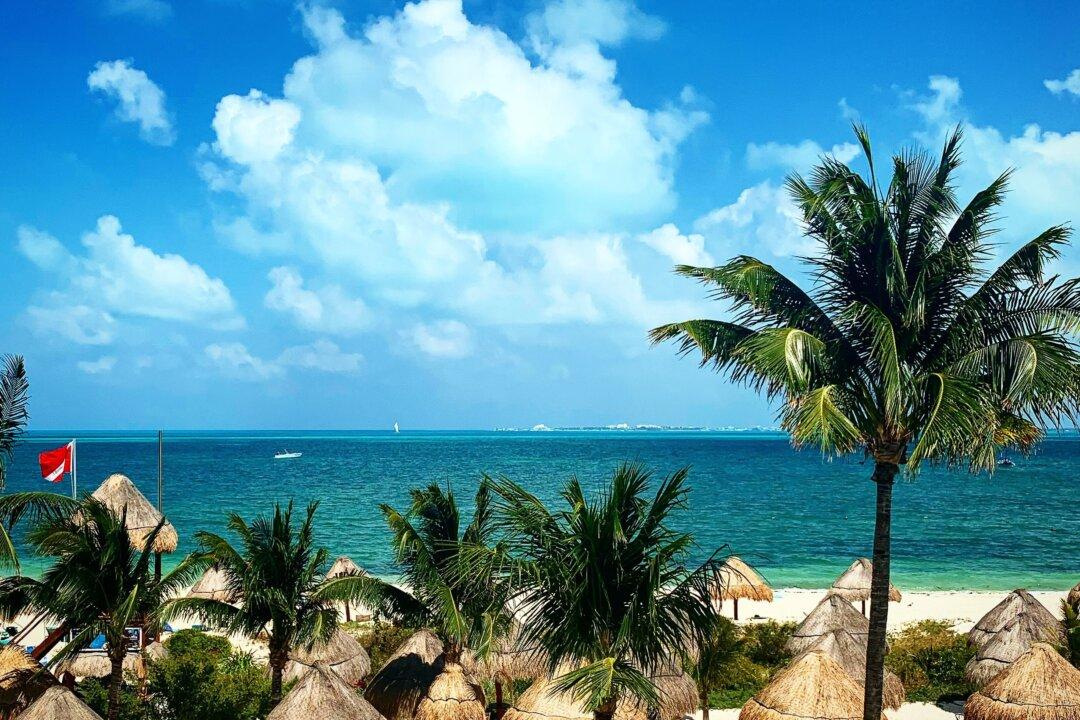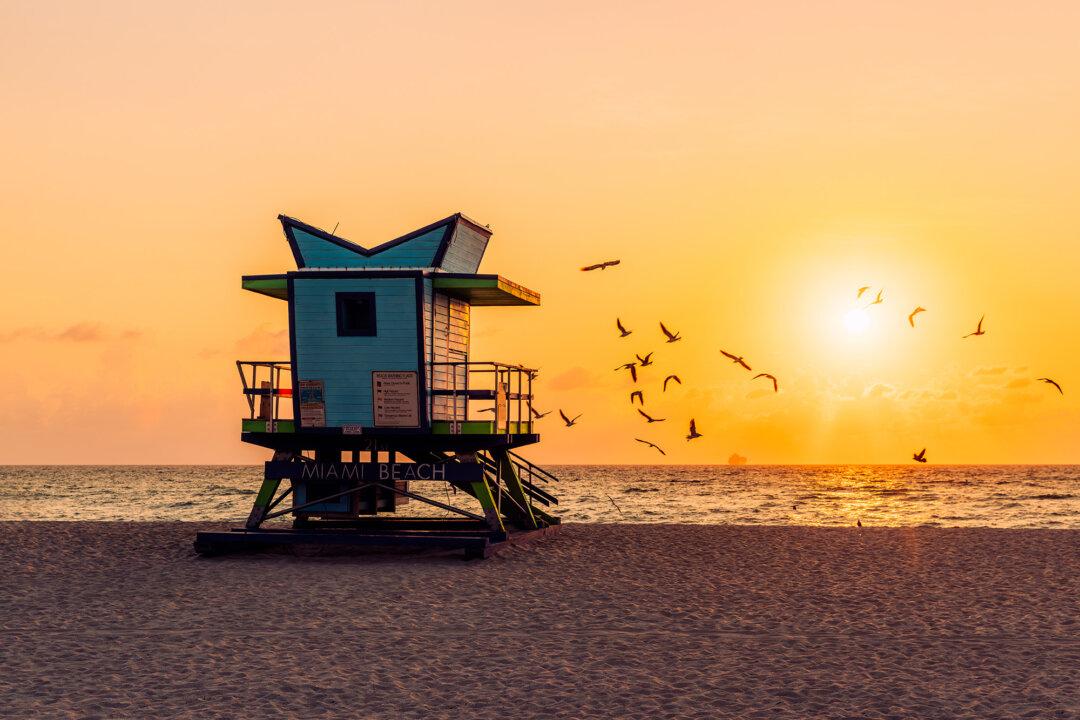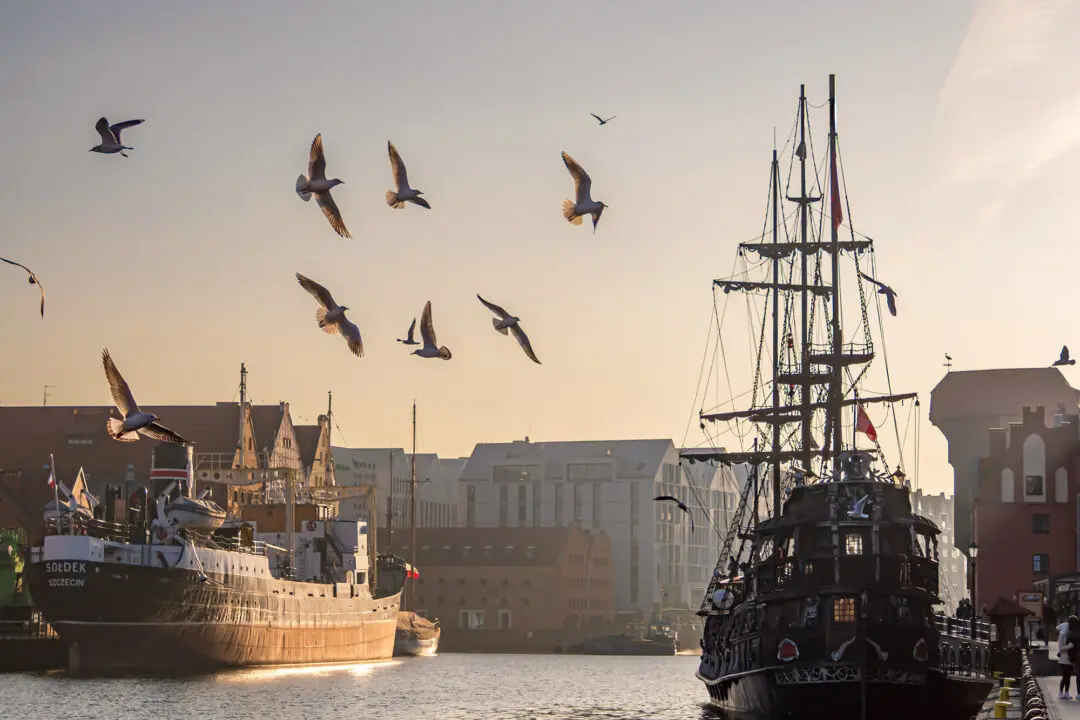Boarding the ferry and climbing the narrow stairs to the top level, the cheap plastic seats bathed in the hot sun and swept with warm Caribbean winds started to fill quickly. Behind, the white and glassy towers of the hotel zone rise and to each side of the boat, was a sea that turns all shades of green and blue. And ahead was an island that’s a world away, although it took only 30 minutes to make the crossing.
But first, there was a little music. As we cast lines and pulled away from the dock, a man dressed like he’s been separated from his mariachi band walked to the front of the deck, fiddling with a couple of speakers and picking up a microphone, the sun shimmering off his huge, reflective belt buckle. Then, the crooning began. A love song? Sounded like it, although everything—the singing and the accompanying commentary—was entirely in Spanish.





